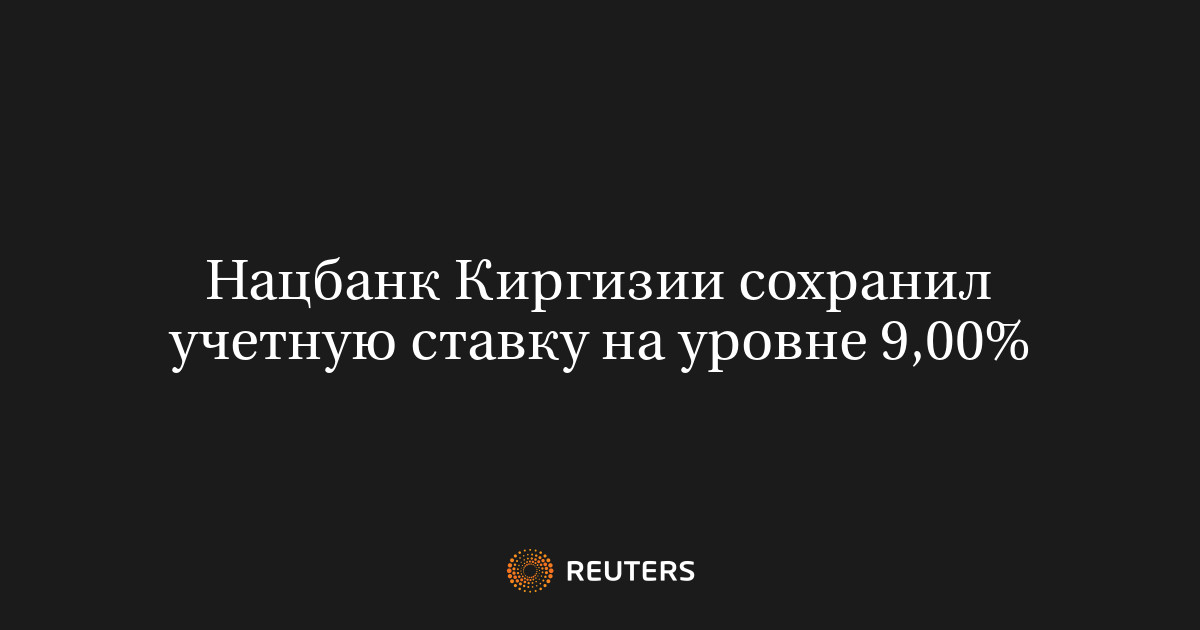*
Kremlin does not agree with doping ban
*
Valieva tested positive for banned drug at age 15
*
Doping case rattled 2022 Beijing Games
(Recasts with appeal)
MOSCOW, Jan 30 (Reuters) -
Russia said on Tuesday it would appeal a decision to strip it of an Olympic gold medal after the Kremlin condemned a doping ban against teenage figure skater Kamila Valieva as politically motivated.
The Court of Arbitration for Sport (CAS) on Monday banned Valieva for four years for doping, effective from December 2021, a decision that also stripped the Russian Olympic Committee's gold medal in the team event at the 2022 Beijing Winter Games nearly two years after the competition.
«We do not agree with these decisions - neither with the decision of the court, nor with the decision of the (ice skating) federation. We don't accept them,» Kremlin spokesman Dmitry Peskov said, a day after he described the CAS ruling as political.
«If there are any opportunities to challenge and continue to defend the rights of our athletes, they must be mobilised to the end.»
Following Peskov's comments, the Russian Olympic Committee (ROC) said its lawyers were preparing to contest the revision of the standings in the team event by the International Skating Union (ISU) that leave Russia without a gold medal but with bronze instead.
«We base ourselves on the fact that, in accordance with the current applicable ISU rules, the consequences of sanctions against an individual athlete, in this case Kamila Valieva, cannot serve as the basis for revising the results of the team event,» ROC said.
REVISED RESULTS
Valieva tested positive for the banned substance trimetazidine, which prevents angina, at the Russian national championships in December 2021. The result was made known only after she competed in the team event in Beijing.
Her team has said the positive test could have been due to a mix-up with her grandfather's heart medication.
But the CAS panel determined there had been no scope for Valieva, who was 15 at the time of the offence, to be treated with more leniency than an adult found to have committed an anti-doping rule violation.
In its revision of the Beijing results, the ISU demoted the Russian figure skating team from gold to bronze after Valieva's disqualification.
It was assumed that Canada, who finished fourth, would be promoted to bronze, but the ROC's total score even after Valieva's marks were erased was still a point better than the Canadians, the ISU announced.
The doping charge against the young athlete stirred strong emotions in Russia at the time.
Russia, and before it the Soviet Union, have long regarded the Olympics as a chance to showcase the country as a winner on the global stage. But doping controversies in the past decade have soured Moscow's relations with the International Olympic Committee and forced its athletes to compete at successive Games without their national flag or anthem.
«Upon our return from China from the Olympics, we honoured these athletes as Olympic champions,» Peskov said of Valieva and her team mates.
«We are convinced that for us they will always remain Olympic champions, no matter what decisions are made in this regard, even unfair ones.» (Reporting by Reuters, Writing by Mark Trevelyan; Additional reporting by Gabrielle Tétrault-Farber Editing by Andrew Osborn and Christian Radnedge)





